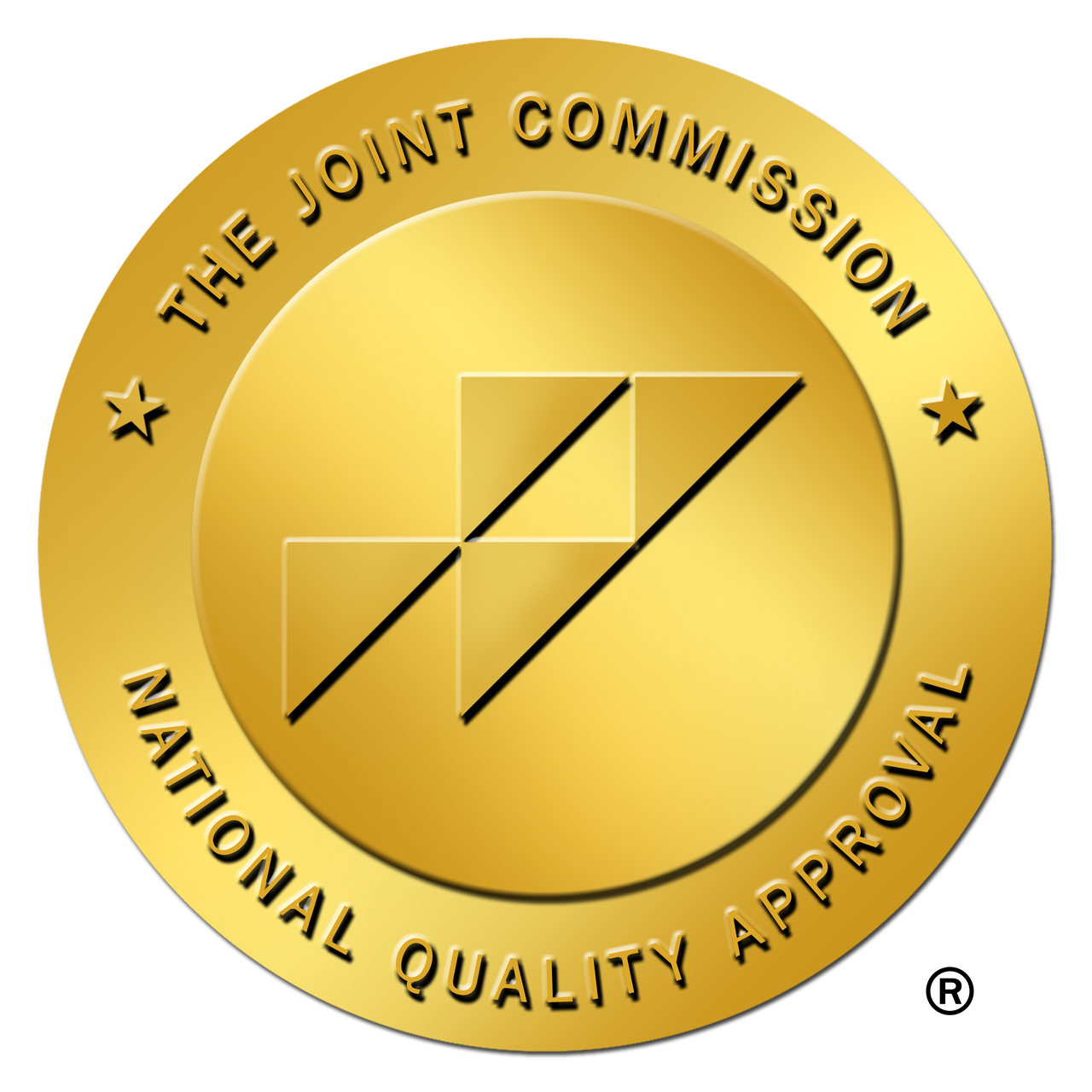
Addiction and alcoholism are serious issues that require professional treatment to overcome. Many people may wonder whether addiction treatment and alcohol treatment are different or if they are essentially the same.
In this blog post, we will explore the distinctions and similarities between addiction treatment and alcohol treatment, as well as discuss various treatment options available. By understanding the differences and similarities, individuals struggling with addiction or alcoholism can make informed decisions about their path to recovery.
When it comes to seeking help for substance abuse issues, it's essential to understand the difference between addiction treatment and alcohol treatment. While both address substance abuse, they have distinct approaches and considerations for the specific type of substance being abused. Addiction treatment encompasses a broader range of substances, including alcohol, illicit drugs, prescription medications, and other addictive behaviors. On the other hand, alcohol treatment focuses explicitly on addressing alcohol abuse and dependency.
Addiction treatment is designed to address the complex nature of addiction, which can involve physical, psychological, and social factors. This type of treatment typically includes a range of interventions, such as counseling, therapy, support groups, and medication-assisted treatment. Alcohol treatment, on the other hand, often emphasizes the physical aspects of alcohol dependency, such as detoxification and managing withdrawal symptoms. However, both addiction and alcohol treatment share the common goal of helping individuals overcome their substance abuse issues and achieve long-term recovery.
When it comes to addiction treatment vs. alcohol treatment, it's important to understand that while alcohol is a substance that can lead to addiction, not all addiction is related to alcohol. Addiction treatment encompasses a wide range of substances, from opioids to prescription drugs to alcohol, while alcohol treatment specifically focuses on the treatment for alcohol use disorder. However, the core principles of treatment, such as therapy, support groups, and medical intervention, are similar in both cases.
One key difference between addiction and alcohol treatment is the level of physical dependence. Alcohol treatment often involves managing physical withdrawal symptoms and detoxification, which may not be as prevalent in addiction treatment for other substances. Additionally, addiction treatment may also address co-occurring mental health issues, such as depression or anxiety, which may not be as common in alcohol treatment. Despite these differences, both types of treatment emphasize the importance of addressing the underlying causes of addiction, creating a support system, and developing coping strategies for long-term recovery.
When it comes to seeking treatment for addiction or alcohol abuse, there are various options available to individuals in need of support. Both addiction and alcohol treatment programs focus on helping individuals overcome their dependence on substances and regain control of their lives. However, there are differences in the specific approaches and therapies offered in these treatment programs.
It's vital for individuals struggling with addiction to work with healthcare professionals to determine the most appropriate treatment plan for their needs.
As one of Maryland’s premier dual diagnosis treatment centers, The Valley has the support and resources you need to reclaim control of your own life. Our residential treatment center offers a home-like feel where patients are fully supported on their path to recovery. The center is nestled in a serene environment where we provide a therapeutic approach to treating addiction. You can learn more about our programs online or reach out to start on your journey to recovery today.
 ® The Valley®
® The Valley®



